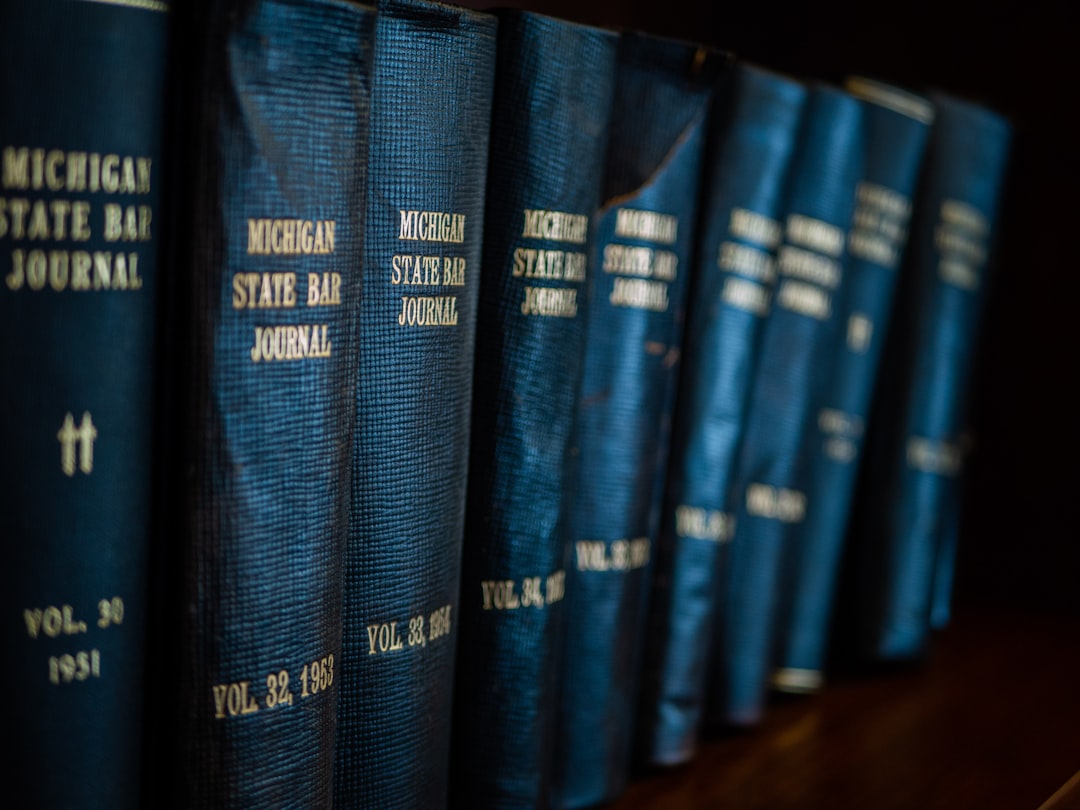School sexual abuse in Dallas, TX, is a growing concern with numerous annual reports of incidents ranging from inappropriate touching to assault. Victims often face barriers like fear, shame, and power dynamics, but local school abuse law firms play a crucial role in advocating for their rights, ensuring accountability, and providing specialized support. These firms, coupled with counseling services, non-profits, and support groups, empower survivors to take action and seek healing. A multi-faceted approach involving schools, educators, administrators, and community outreach programs normalizes conversations around sexual abuse, encouraging students to report incidents without fear.
In Dallas, Texas, addressing the stigma surrounding school sexual abuse is paramount. This comprehensive guide delves into the pervasive issue, exploring its impact on students within the city’s educational institutions. We dissect the legal landscape for victims and highlight available resources, focusing on the crucial role of awareness and prevention strategies in local schools. Understanding these aspects is key, especially with the assistance of Dallas-based school abuse law firms, in creating a safer environment for all students.
Understanding the Prevalence of School Sexual Abuse in Dallas, TX

School sexual abuse is a pervasive issue in Dallas, TX, with numerous cases reported each year. According to statistics from local school districts and law enforcement agencies, incidents range from inappropriate touching to more severe forms of assault. The problem often goes unnoticed or unreported due to fear, shame, and the power dynamics between students and perpetrators—a concern that prompts the need for stringent policies and increased awareness.
Dallas’s school abuse law firms play a crucial role in advocating for victims’ rights and ensuring accountability. These legal professionals specialize in handling sensitive cases, providing support, and guiding students and families through complex legal processes. Their expertise helps bring justice to light, allowing for better prevention strategies and a safer learning environment.
The Legal Framework and Resources Available for Victims

In Dallas, Texas, victims of school sexual abuse have legal protections and resources available to help them navigate their experiences. The state’s laws are designed to ensure that minors are safe from such atrocities, with strict guidelines for reporting and investigating incidents. School abuse law firms in Dallas TX play a crucial role in assisting victims by providing legal counsel, advocating for their rights, and guiding them through the complex justice system. These firms specialize in understanding the nuances of school abuse cases, ensuring that victims receive fair treatment and compensation if applicable.
Resources like support groups, counseling services, and non-profit organizations dedicated to child safety further complement the legal framework. They offer emotional support, education on rights, and tools for healing. Together with legal representation, these resources empower victims to take action, seek justice, and begin their journey towards recovery.
Fostering Awareness and Prevention Strategies in Local Schools

In Dallas TX, fostering awareness and implementing effective prevention strategies is paramount in addressing school sexual abuse. Local schools play a crucial role in creating a safe environment by educating students about consent, healthy relationships, and recognizing potential signs of abuse. Collaborative efforts between educators, administrators, and even school abuse law firms can help normalize conversations around this sensitive topic, ensuring that students feel comfortable reporting incidents without fear of retaliation.
Community outreach programs, workshops, and training sessions for teachers and staff are essential tools to equip them with the knowledge and skills needed to identify and respond appropriately to instances of sexual misconduct. By integrating these initiatives into the school curriculum and culture, Dallas can move towards a more proactive approach, ultimately reducing the stigma associated with reporting and fostering a culture of support and protection for all students.






